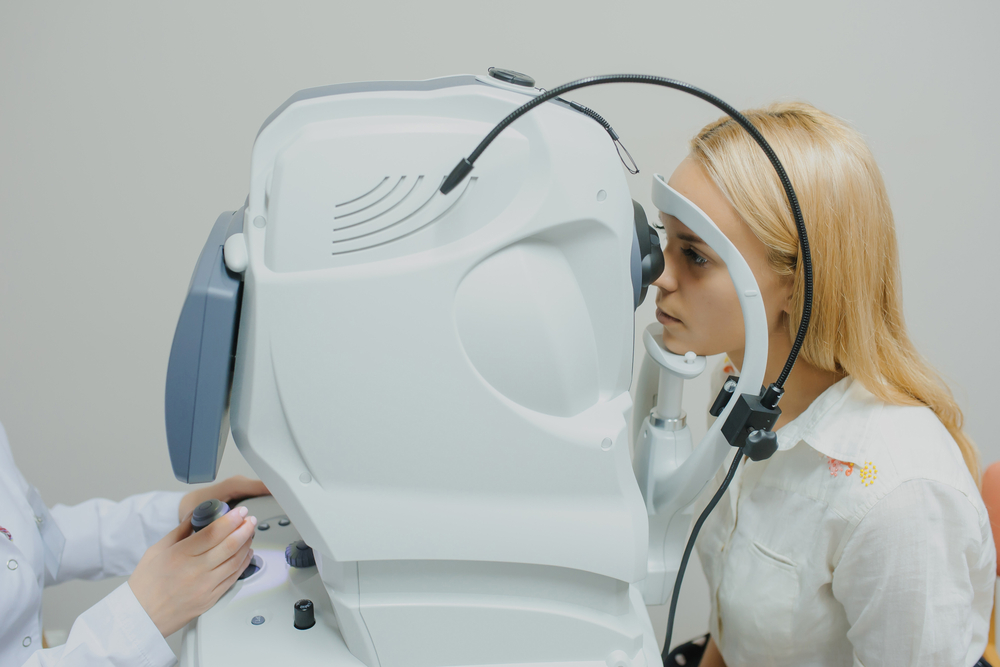
At The Center for Eye Care and Optical, we understand that the idea of receiving an injection in your eye can be daunting. However, retina injections are an essential and effective treatment for many serious eye conditions, including macular degeneration, diabetic retinopathy, and retinal vein occlusion. With advanced techniques and expert care, these treatments are performed with your comfort and safety in mind.
Why Retina Injections Are Necessary
Retina injections are prescribed to address specific eye conditions by targeting abnormal blood vessel growth, reducing swelling, or preventing infection. Common types of retina injections include:
Anti-VEGF (Vascular Endothelial Growth Factor) Injections: These are designed to inhibit the growth of abnormal blood vessels in the retina, which can cause vision problems or loss.
Antibiotic Injections: These are used to treat or prevent infections, especially after eye trauma or surgery.
Combination Injections: In certain cases, both Anti-VEGF and antibiotic injections may be used to simultaneously address multiple concerns.
Preparing for Your Appointment
Before your retina injection, your eye doctor will thoroughly review your medical history and eye condition. If you’re a new patient, they may perform diagnostic tests, such as optical coherence tomography (OCT) or fluorescein angiography, to get a clear view of your retina’s health.
Tips for Preparation:
Avoid wearing makeup
Arrange for someone to drive you home, as your vision may be temporarily blurry after the procedure
Share any medications or supplements you’re taking with your doctor to ensure safety
During the Procedure
The retina injection process is typically quick, lasting about 15–30 minutes. Here’s what you can expect:
Numbing the Eye: To ensure your comfort, your eye will be numbed with anesthetic eye drops. Some patients may also receive a mild sedative to help them relax.
Cleaning the Eye: Your doctor will clean your eye with an antiseptic solution to reduce the risk of infection.
Positioning: You’ll be asked to look in a specific direction, allowing the doctor to access the injection site easily.
Injection: Using a fine, specialized needle, the doctor will administer the injection directly into the eye. The procedure is typically painless, though you might feel slight pressure or discomfort.
After the Procedure
Following the injection, you’ll remain in the office for a short observation period to ensure there are no immediate side effects. It’s normal to experience mild irritation, redness, or a sensation of grittiness for a day or two.
Post-Appointment Care:
Use any prescribed eye drops as directed to minimize inflammation or prevent infection
Avoid rubbing your eye or exposing it to potential irritants, such as dust or water
Report any unusual symptoms, such as severe pain, vision loss, or excessive redness, to your doctor immediately
Regular follow-up appointments are essential to monitor your progress and determine if additional treatments are needed
Your Vision, Our Priority
Retina injections are a highly effective and widely trusted treatment for managing and preserving vision in patients with serious retinal conditions. While the idea of an eye injection may seem intimidating, understanding the process can ease your concerns and help you feel confident in the care you’ll receive.
If you’re experiencing symptoms of a retinal condition, contact The Center for Eye Care and Optical to schedule a consultation to learn more about how retina injections can help protect your vision and improve your quality of life. Visit our office in West Islip, New York, or call (631) 825-7725 to book an appointment today.










